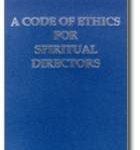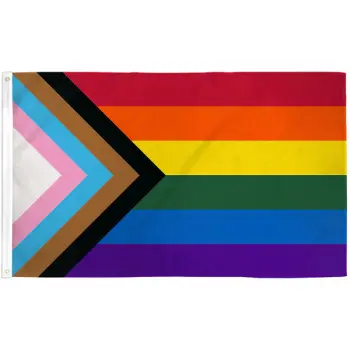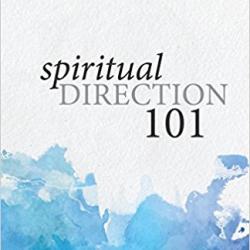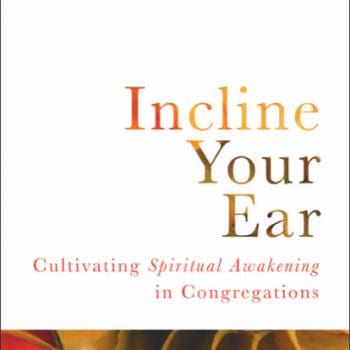 Although there is no governing body overseeing and monitoring spiritual directors, there is a code of ethics we work by. Developed in the early 1990’s by spiritual directors who were also working in confidential helping professions such as social work, therapy, pastoral counseling and pastoral ministry, this code is found in an inexpensive booklet by Dove Publications called A Code of Ethics for Spiritual Directors.
Although there is no governing body overseeing and monitoring spiritual directors, there is a code of ethics we work by. Developed in the early 1990’s by spiritual directors who were also working in confidential helping professions such as social work, therapy, pastoral counseling and pastoral ministry, this code is found in an inexpensive booklet by Dove Publications called A Code of Ethics for Spiritual Directors.
This booklet is mandatory reading and study for anyone working as a spiritual director. But it is also helpful for people receiving spiritual direction because it can help you know what your rights are and what responsibilities spiritual directors hold when they invite you into a direction relationship. Perusing this booklet will also help you understand when your director sets necessary boundaries on the relationship—such as why he or she might not accept invitations you offer to social events or friendly get-togethers. Spiritual directors are taught—by the code of ethics—that dual or multiple relationships with a client can be detrimental to the primary relationship of spiritual direction. It is usually preferable for a spiritual director in your life to have only one role with you—spiritual director. Although they may make an exception for a special life event, they are advised by the code of ethics to “carefully evaluate” any mixing of roles. Any covert or overt intimacy, especially of a sexual or romantic nature, is absolutely prohibited.
Ethically speaking, spiritual directors are like other healers. Our motto is “above all, do no harm.” That is why confidentiality is so important. What you share in spiritual direction should never come back to you by way of another person. Spiritual directors are advised to be in supervision so that they take anonymous “case studies” to a trained supervisor for discussion about the director’s growth as a director but those supervisors will not know who the directee is nor will they be sharing information in that supervision session with anyone else.
The Code of Ethics also covers important information about how an initial session may go, the difference between spiritual direction and other helping professions, how to make referrals, how to end a spiritual direction relationship and the importance of self-care for the spiritual director.
It ends with a caveat worth repeating. “The binding force behind this code comes not from words on paper, but from each spiritual director’s ever-developing relationship with God. No one of us may live up to all that is written here—bit, if we err, let it be on the side of love.” (p16).
For more about spiritual direction as I practice it, check out my website. If you have questions or comments about the content of Spiritual Direction 101, please let me hear from you in the reply section below.












